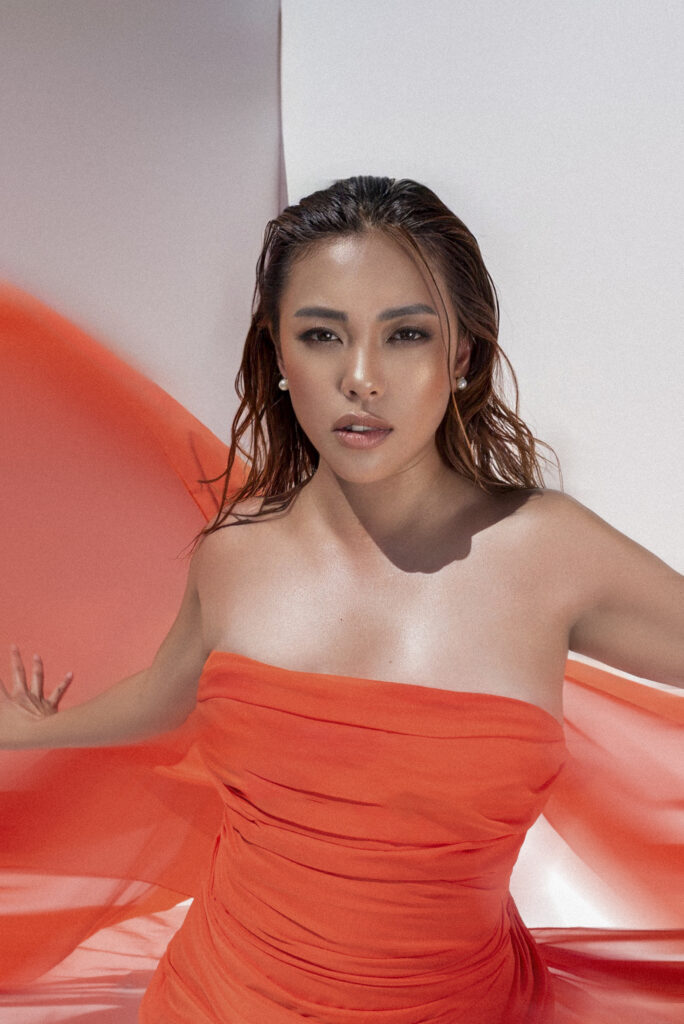Beckie Joon @beckiejoon is a DJ/Producer and Cellist from Orange County, California, known for her passion for blending worldly sounds into her performances. She has DJed and opened for major hip hop artists such as TYGA, Rich the Kid, SWAE LEE, BlueFace, and Rae Sremmurd. Her career has taken her to international stages in Canada and top local venues, making her one of Hollywood’s hottest club DJs. Beckie currently holds residency at the iconic W Hollywood Hotel and the Rodeo Public Market Brand in California.
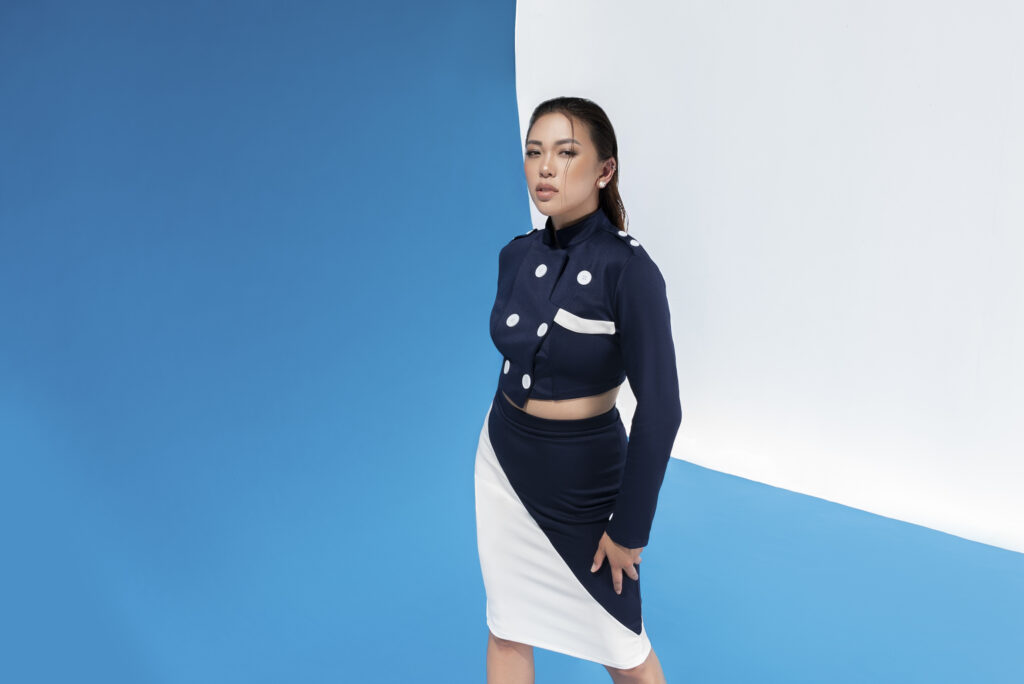
How did your early training as a cellist shape your journey into becoming a DJ/producer? Were there particular experiences in classical music that you bring into your sets today?
My early training as a cellist ignited a lifelong love affair with music. It taught me discipline, precision, and the art of truly feeling every note. I poured my soul into leading orchestras and performing, but as much as I adored classical music, I often felt confined by its boundaries. There was so much more I wanted to explore—sounds, genres, and emotions that classical music didn’t fully allow me to express.
That longing to break free led me to DJing and producing, where I could merge the complexity and depth of classical music with the vibrant, limitless energy of modern genres. My background as a cellist gave me an ear for intricate harmonies and a respect for the evolution of sound, while DJing taught me to embrace rhythm and creativity in new ways.
This journey has been about finding freedom in music—breaking down barriers between genres and creating something that moves people deeply. To me, music is like a universal language, and my mission is to connect these worlds in a way that inspires and resonates, just as they’ve done for me. My sets today carry the passion, depth, and history of my classical roots, fused with the raw energy of the modern sounds I fell in love with. It’s a journey of discovery, and I’m just getting started.
You’ve mentioned that you’ve been fascinated by different types of music since childhood. Can you share an early memory or a formative experience with music that inspired your love for worldly sounds?
When I was in elementary school, I fell in love with music from all over the world. I listened to everything—Sarah Brightman, old classics, gospel, country music from other nations, electronic beats, rock, and beyond. When the internet became more accessible, it opened up a whole new world for me. I discovered artists and sounds from Russia, Romania, Korea, Egypt, and raw, urban music created by lesser-known artists. Finding urban sounds and international tracks truly fascinated me.
I’d spend hours on my bedroom floor, searching for the most unique songs and downloading them on platforms like Napster. I was fascinated by how different they sounded compared to the music I grew up with, and I often wondered, Why doesn’t our music sound like this and why does it sound like this? Language was never a barrier for me—I didn’t need to understand the words because I felt the emotion and appreciated the beauty of the music. To me, music was a feeling, not just words.
My parents also played a big role in shaping my musical curiosity. My dad, an engineer, also introduced me to the technical side of sound, teaching me to appreciate things like bass and audio quality, while my parents exposed me to opera, classical music, rap, and gospel. I’d even beg them to take me to CD stores just to explore and discover something new. I’d try to share my discoveries with friends and loved ones, but many couldn’t understand why I listened to the music I found. Over time, I stopped sharing and instead let that passion grow quietly inside me. Those moments of curiosity and exploration ignited my love for worldly sounds and planted the seeds for the artist I’ve become today.
You draw inspiration from a range of artists, from Rosalia to Fred Again, each with distinct sounds. How do these influences come through in your music?
Rosalía and Fred Again are incredibly different in their styles, but both inspire me deeply in unique ways. I see Rosalía as the female Kanye—innovative and fearless. She took something deeply rooted in tradition, Flamenco, and brought it to the modern music landscape in a way that even people unfamiliar with its origins could enjoy. As someone who studies music, I immediately recognized and admired how she preserved its authenticity while giving it new life.
Fred Again, on the other hand, has essentially birthed a new genre. His ability to craft emotionally powerful music is remarkable, and I’ve noticed his influence spreading across the industry as other producers start to emulate his style. What they both share is a mastery of music as a language—they use it to evoke profound emotions and connect with listeners on a deeper level.
For me, it’s not about copying their styles, but about capturing that emotional depth and authenticity in my own way. Rosalía’s integration of old-world sounds inspires me to bring elements of traditional instruments that often has been deeply rooted with genres like classical, gospel, or Baroque, into my music. Fred’s ability to create a visceral emotional experience pushes me to strive for that level of connection in both my DJ sets and productions. Ultimately, I want people to feel what I feel through music—to be moved, inspired, and connected, just like these artists inspire me.
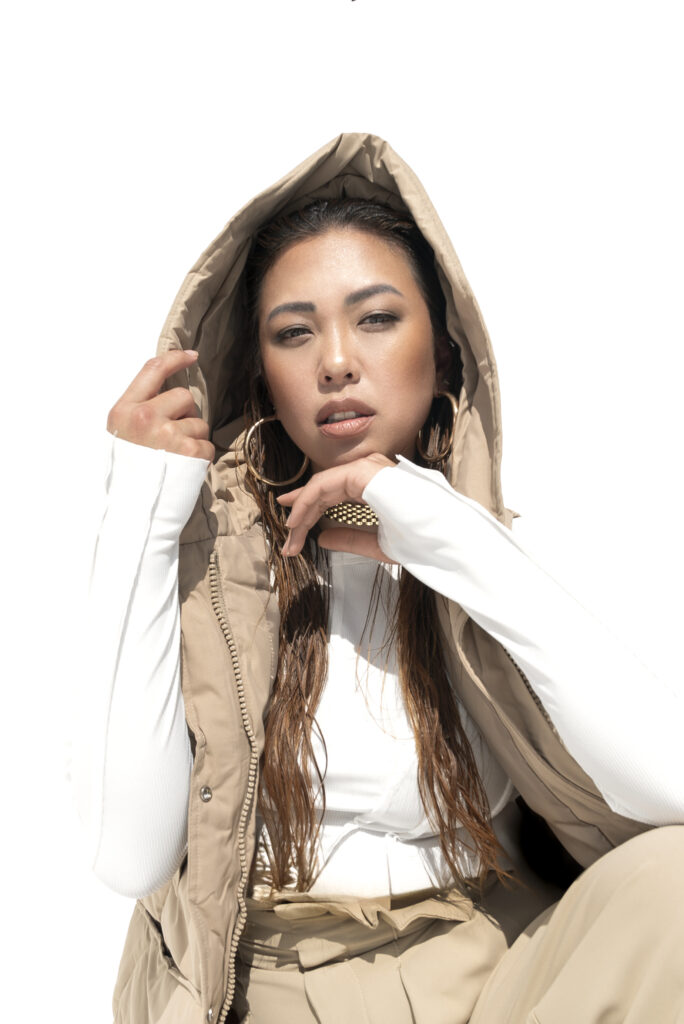
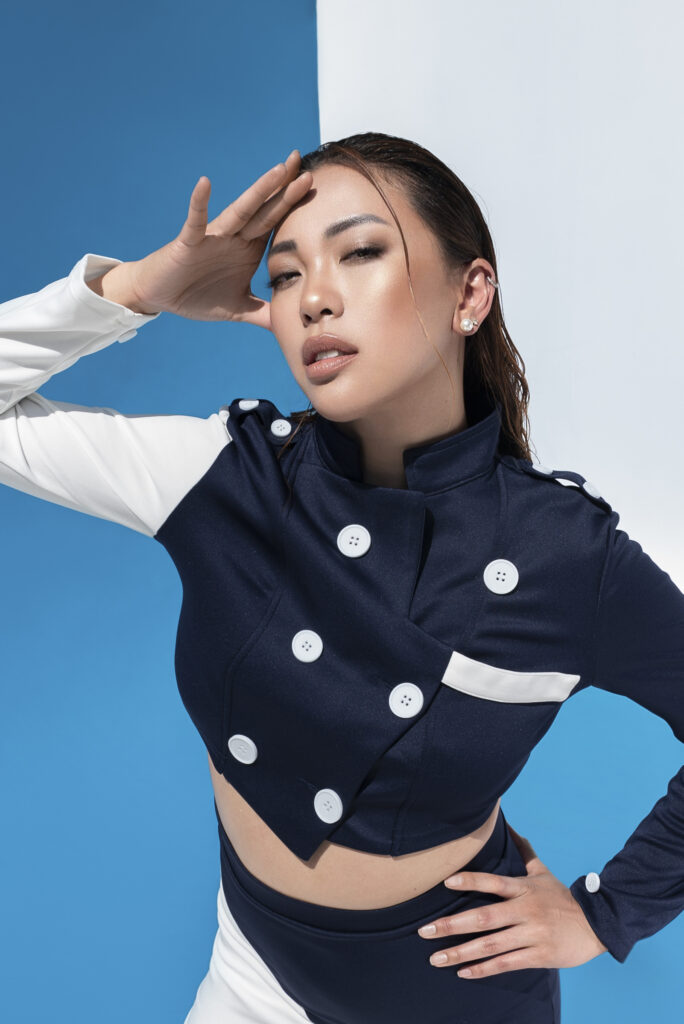
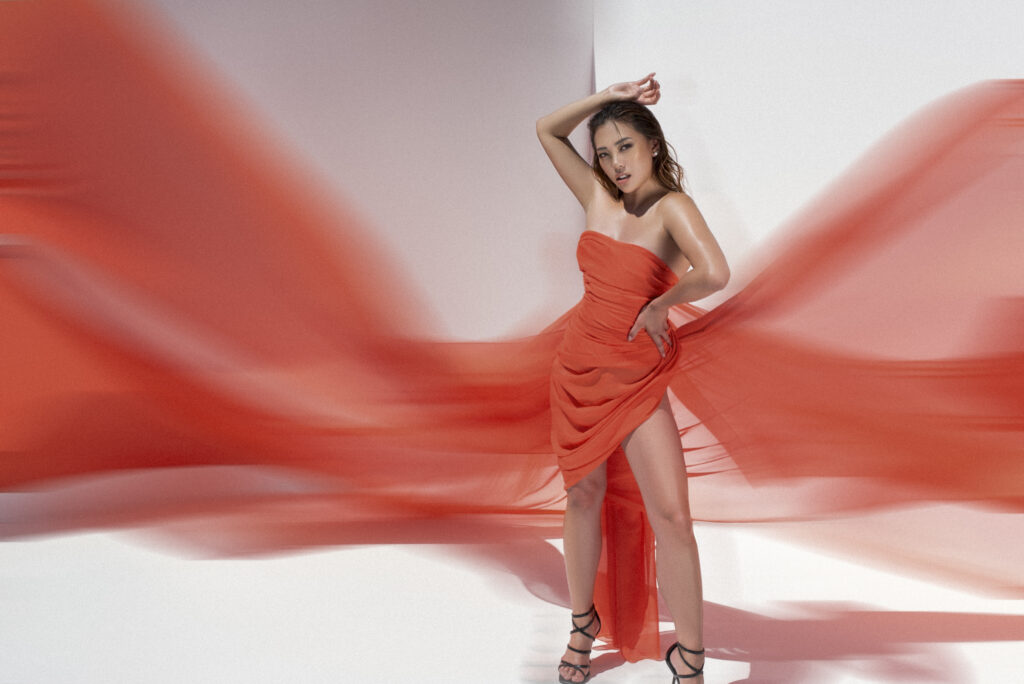
With an emotional and varied approach to sound, do you find certain genres or moods you’re more drawn to as a producer? How do you navigate these stylistic shifts?
My connection to music is deeply emotional, and while I’m naturally drawn to certain genres more than others, I find myself open to feeling the essence of any genre, no matter the mood or message. Whether it’s a song about love and devotion or one expressing anger, despair, or pure joy, I can feel the artist’s intent and connect with the emotion behind it. That’s what I love most about music—it’s a universal language that lets us express the entire spectrum of human experience.
When I’m feeling happy or reflective, I gravitate toward music that feels transcendent—like ambient or meditative sounds, or tracks in certain keys that evoke a sense of enlightenment or self-discovery. It’s like walking through a dark forest of space and suddenly finding a light that guides you to clarity. It doesn’t necessarily have to be religious or spiritual, but it feels like an emotional breakthrough—a moment where you find yourself again.
On the other hand, when I’m experiencing intense emotions like anger, sadness, or frustration, I lean into music that mirrors those feelings with drama and power. Sometimes it feels like preparing for battle—music that makes you want to charge into the unknown, fight through challenges, or even launch yourself into space, chasing something greater. These dramatic moments remind me how cathartic music can be.
I firmly believe in embracing your emotions rather than avoiding them. If you’re angry, listen to the music that lets you feel that rage. If you’re sad, let yourself sink into it. Music can be a guide through those emotions, helping you process and eventually release them. The key is staying mindful—acknowledge and honor your feelings without letting them consume you. For me, music is about transformation, whether it’s pulling you into the depths of an emotion or helping you emerge into the light. That balance is what makes music such a profound and life-changing force in my creative process as a producer.
You’ve had the chance to open for big names in hip-hop and play at prestigious venues and events worldwide. What were some of your most memorable experiences, and how did they shape you as an artist?
My first gig was a private party at a mansion for Tyga, and as a beginner, it was a huge challenge that forced me to step up my skills quickly. I knew that if I wanted to succeed in this industry, I couldn’t allow myself to act like a beginner. That moment was pivotal—it pushed me to grow at an exponential rate and really commit to delivering at a professional level.
When you’re spinning for big names or opening for artists like Blueface, Tyga, or other hip-hop acts, there’s no room for mistakes. It’s a lot of pressure, but also incredibly exciting. Being a female DJ in this industry comes with its own challenges, esp. when you came from a different industry—you have to earn people’s respect, and you often have to prove yourself more than your peers. But through hard work and perseverance, I’m proud to have gained that respect.
One of the most rewarding parts of these experiences is seeing people come up to me after my sets, asking about my music and saying they’ve never heard anything like it before. Knowing that I’ve introduced them to a unique sound and hearing their genuine excitement is the ultimate compliment. On top of that, when other DJs or industry professionals acknowledge my skill set or tell me how much they enjoyed my sound, it’s such a confidence boost.
Moments like those remind me why I do what I do. They validate the hours of hard work and motivate me to keep pushing boundaries, bringing something fresh and authentic to every set.
You’re known for incorporating live cello performances in your DJ sets. What do you feel live instrumentation brings to an electronic set, and why is it meaningful for you to integrate the cello specifically?
The cello is my pride, love, and joy. I’ve had a long and deep relationship with it, and I’m incredibly biased about how beautiful it is. The cello has such a versatile range—it can be light and uplifting, or it can dive into deep, melancholic tones that evoke raw emotions. For me, integrating the cello into an electronic music set brings a level of authenticity and emotional depth that’s hard to replicate with digital tools alone.
When I’m producing, I might use a virtual cello to create a track, but it doesn’t hit the same as playing the real instrument live. Performing live with the cello allows me to harness its raw energy and emotion, giving the audience an experience that’s more visceral and personal. It creates a full-circle moment—blending the organic with the electronic to craft a more immersive, 360-degree musical experience.
In today’s music landscape, many younger audiences don’t often encounter classical instruments like the cello in their daily listening. By incorporating it into modern electronic music, I’m not just showcasing the instrument but also bringing it back to life in a way that resonates with contemporary listeners. It’s about taking something timeless and reimagining it in a fresh, innovative way.
I believe music should evolve and stay creative. If we can listen to the same classics year after year, why not take traditional instruments like the cello and reintroduce them in exciting, modern contexts? It’s about rediscovery—giving an old art form new life and allowing people to feel something unique. Mixing classical instruments into electronic sets is like putting them through a creative blender and presenting them in a way that’s artistic, fresh, and meaningful. For me, it’s a beautiful way to bridge the past and the present, offering something truly special to the audience.
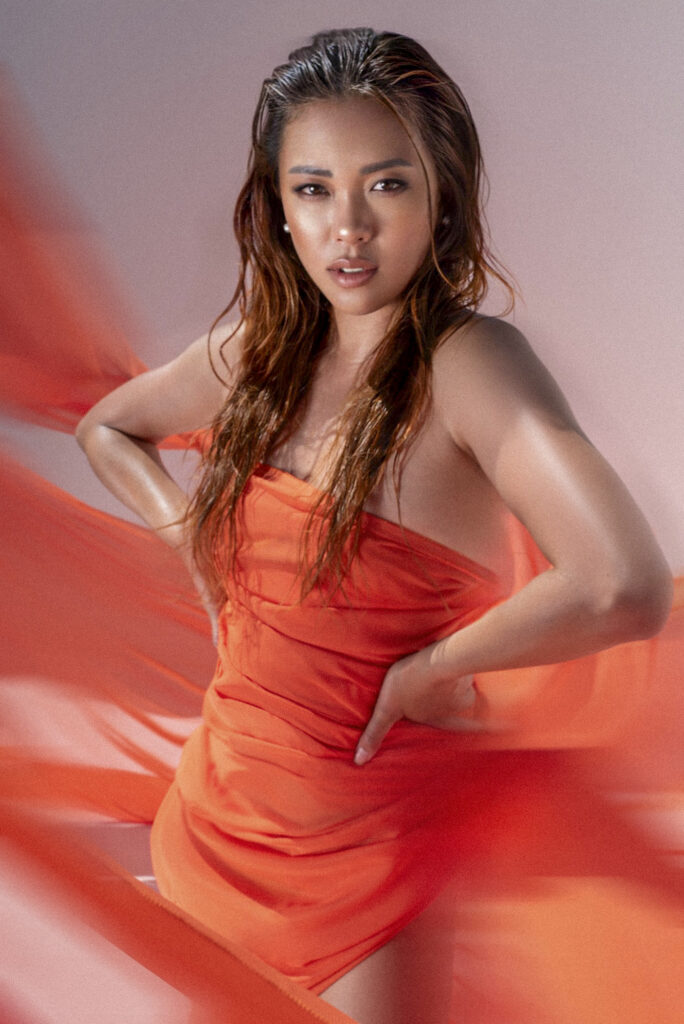
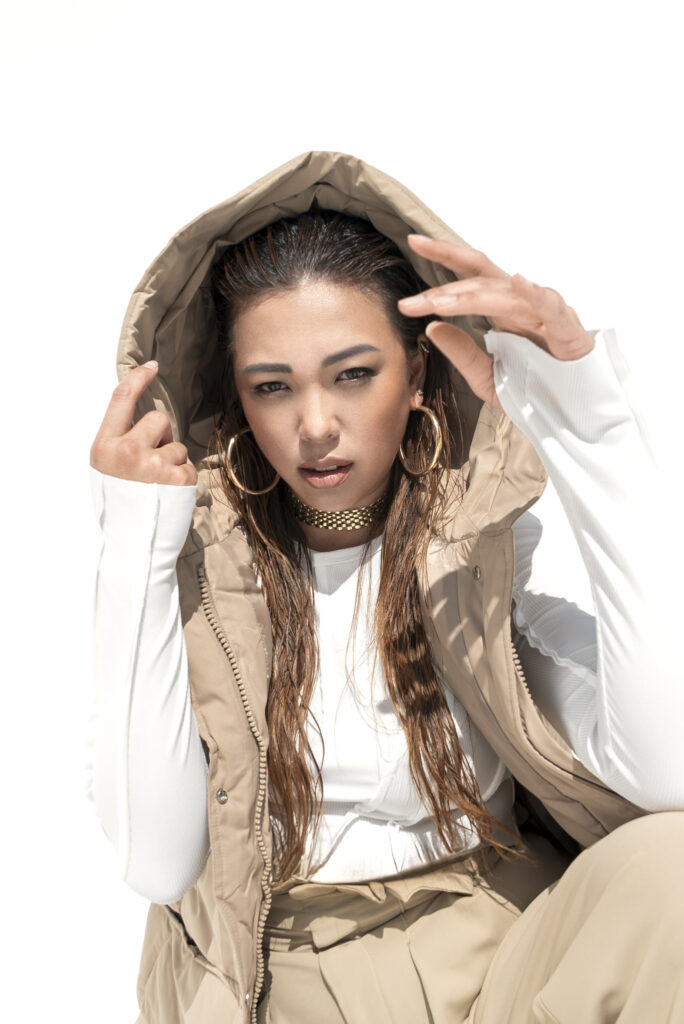
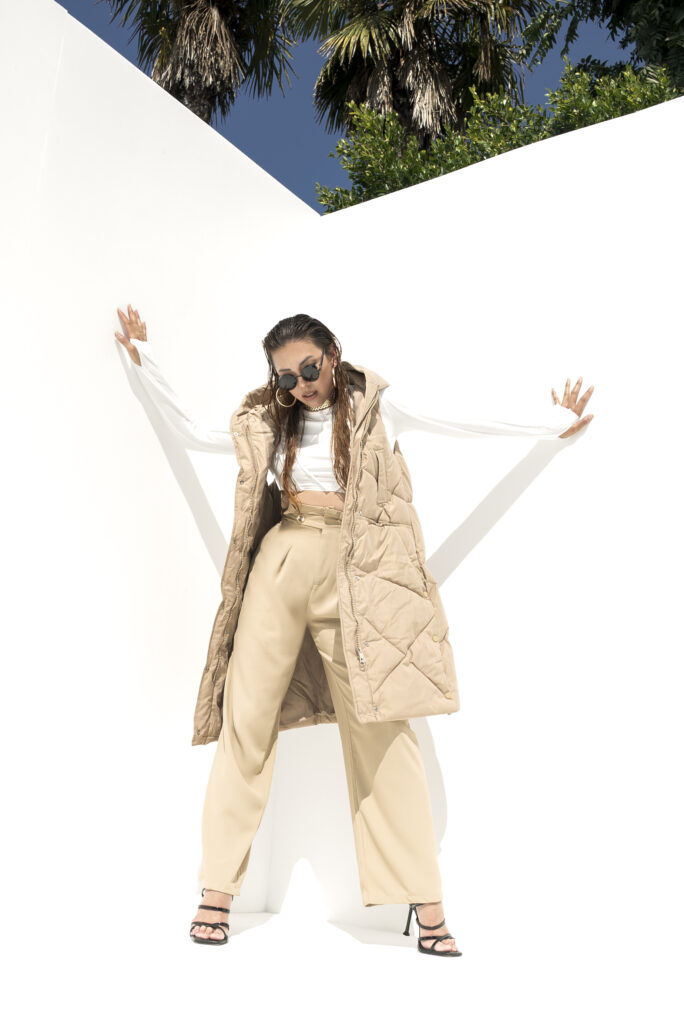
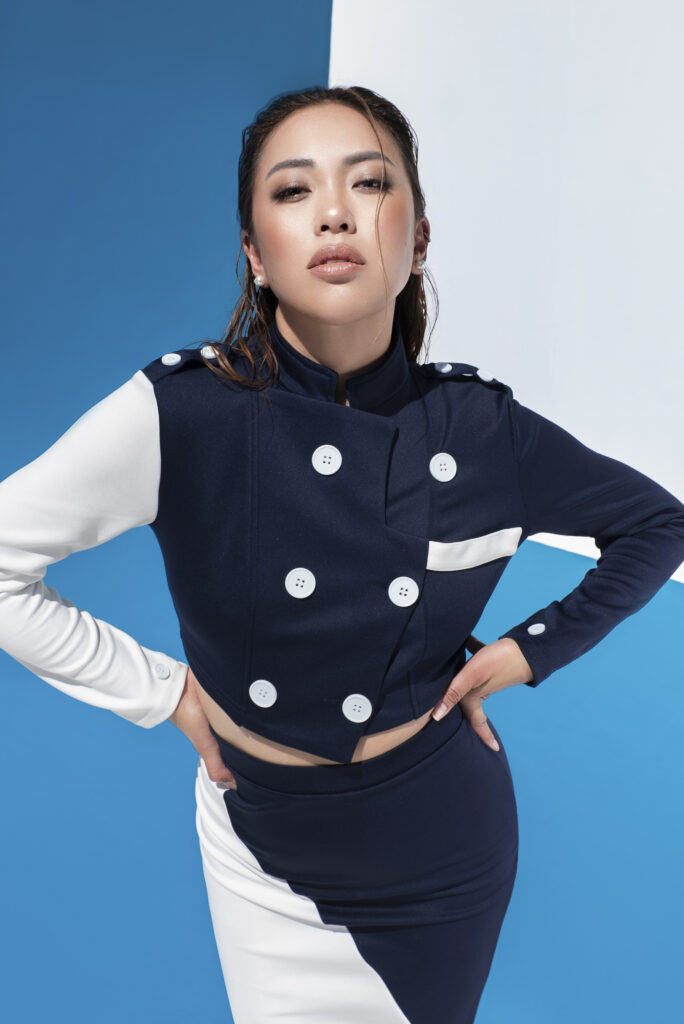
As an advocate for children’s education and animal rescues, how do these causes influence your work? Have they inspired any of your music or projects?
I’m incredibly passionate about children’s education and animal rescues, and I believe both causes can be elevated through the power of music. If I could create projects that use music to raise awareness, much like Sarah McLachlan did with the ASPCA, I think it could be a meaningful way to shed light on these important issues and inspire action. Music has a unique ability to connect with people emotionally, and I hope to use that to advocate for these causes.
When it comes to children’s education, I’m particularly driven because of my own experience. I was fortunate to be exposed to music, but I didn’t have the luxury of private lessons or specialized training. When I played in university, I faced a steep learning curve trying to compete with students who had been taking private lessons since they were four years old. I had to teach myself and rely on public resources, working twice as hard to keep up. That experience taught me resilience and the value of accessible education, but it also made me realize how important it is to provide resources and opportunities for children who don’t have the same privileges.
One day, I hope to help children who are in a position similar to where I was—offering resources and opportunities to nurture their passions and talents. Whether it’s through music programs, education initiatives, or projects that highlight these causes, I want to use my platform to make a difference. It’s about giving back and ensuring that every child has the chance to grow, learn, and explore their potential.
Your debut album is coming up! Could you share more about its theme, your creative process, and what listeners can expect?
“My creative process is like starting with a blank canvas—I allow myself to explore the full range of emotions I’m feeling at any given time. I appreciate all types of music, but one thing I can promise is that this album will be entirely my own. It will reflect who I am, and it won’t conform to just one genre. Expect a wide range of sounds, moods, and styles because I simply can’t limit myself to one type of music.
When it comes to creating, I’ve noticed two approaches that work for me. Sometimes, I force myself to sit and create, almost like sketching in a notebook—letting ideas flow freely and seeing where they take me. Other times, it’s more intuitive and emotional, like writing in a diary. I let myself fully feel whatever emotions I’m experiencing and translate them into music. This process is deeply personal to me, and sharing it with the world is both thrilling and a little nerve-wracking. It’s like sharing my diary and my inner world, hoping others can connect with it.
As for the theme of the album, I’d describe it as ‘Welcome to My Diary.’ It’s an invitation for listeners to experience my thoughts and feelings through sound. I want it to feel like a collection of my most personal and honest moments, expressed through music. Whether listeners connect with it or not, this album represents my truth, and I’m excited to share that with the world.”
You’ve built a global audience, especially through platforms like YouTube with Roll Models. How do you view your role as a public figure, and what do you hope fans take away from your journey?
I think my long-time fans know me as someone who’s versatile and always exploring different interests. They’ve seen me evolve through various phases of my career, but now my primary focus is on music—expressing myself in a new and deeply personal way.
As a public figure, I hope to be seen as someone who is hardworking and fearless in pursuing what they’re passionate about. My goal is to inspire others to realize that, no matter who you are or what labels society may place on you—whether it’s being a woman, Asian American, or anything else—you have the power to rewrite your narrative. If you put your mind to it, you can truly achieve whatever you set your heart on, as cliché as that may sound.
Looking back, the most challenging part of my journey has been accepting how deeply rooted my passion for music truly is. For so long, I didn’t fully realize or admit to myself how much I loved it. I’ve always been fascinated by so many things—traveling the world for modeling and dancing, studying business and law, learning new languages, and exploring different forms of art. But music has been the one constant, quietly growing as my truest passion. Coming to terms with that has been both challenging and transformative.
Now, I embrace music as an inseparable part of who I am, and I want my journey to show others that it’s never too late to follow what truly lights you up inside. If there’s one thing I hope my fans take away from my story, it’s the courage to be authentic and pursue their own passions, no matter how winding the path may be.
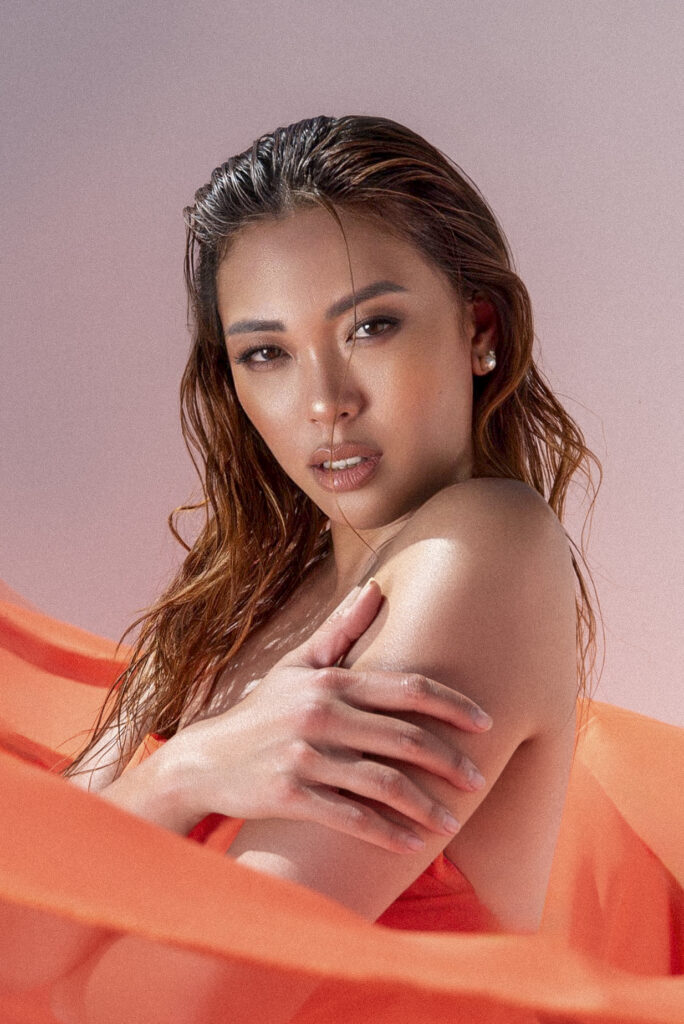
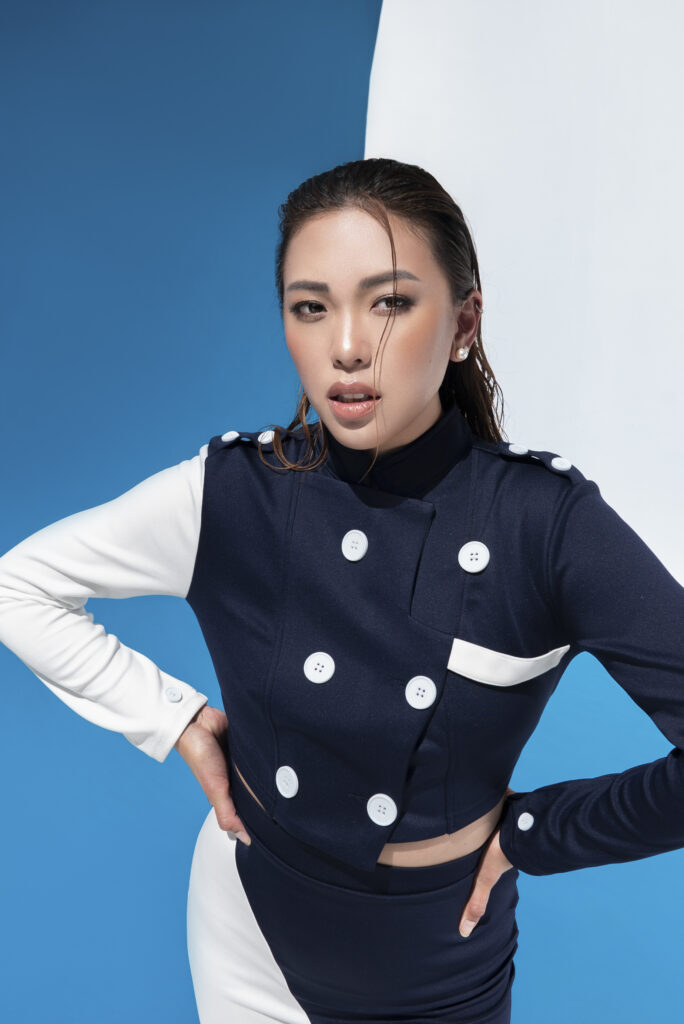
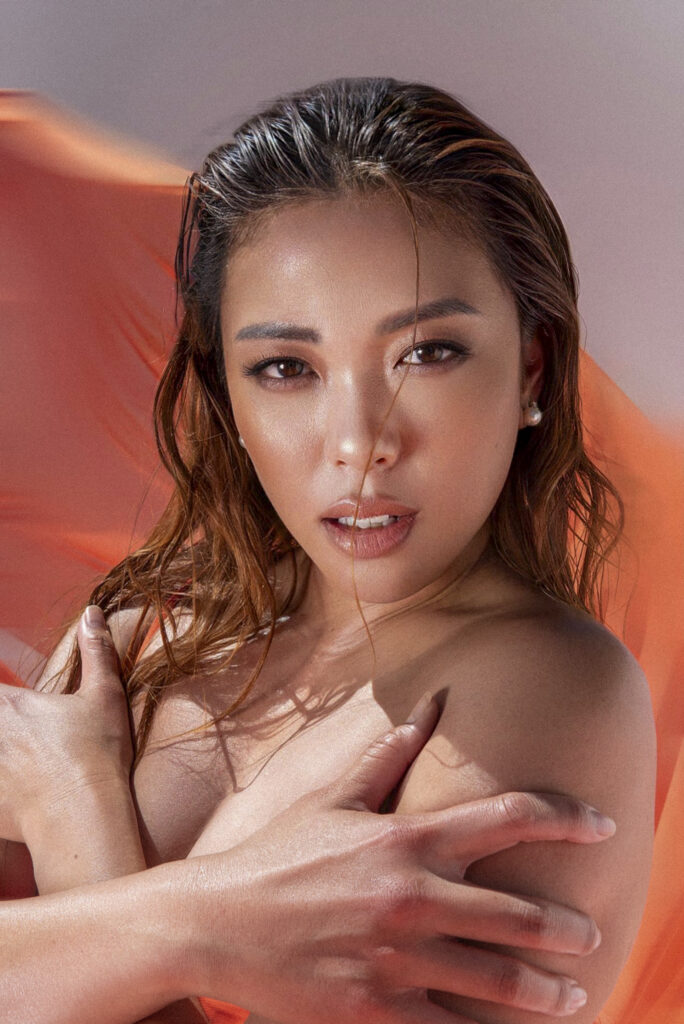
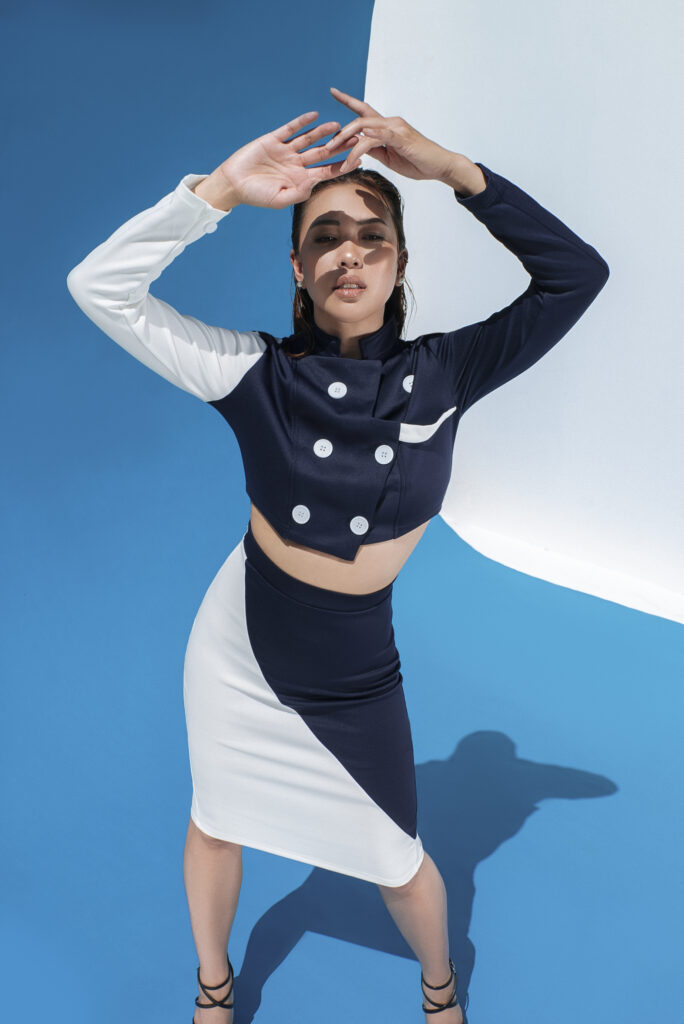
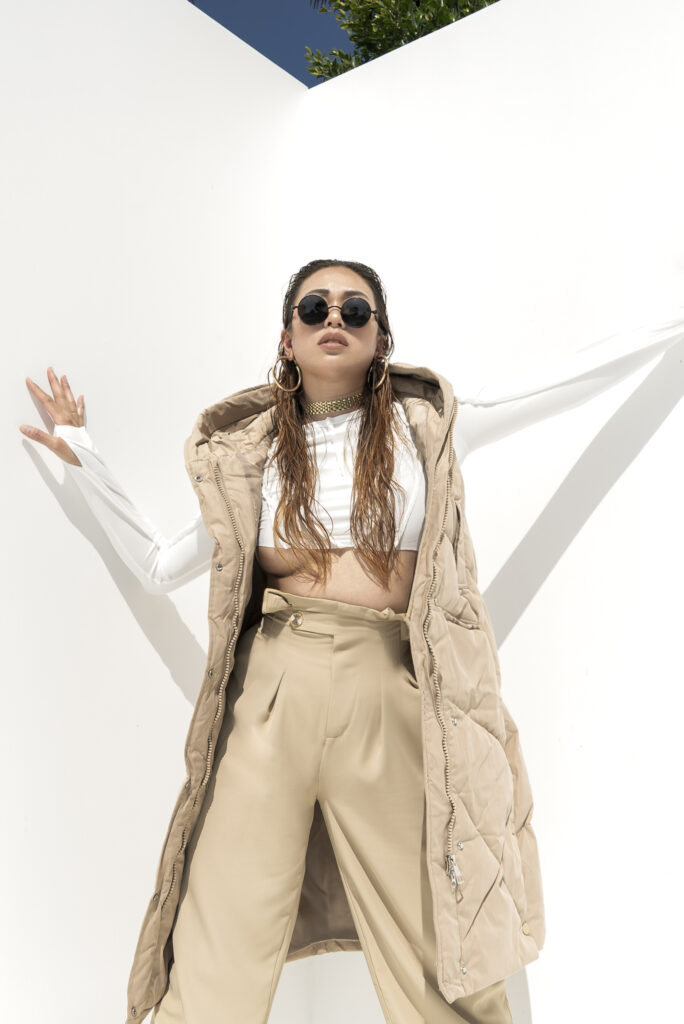
Photographer: Anna Volka @annavolkova.photo
Assistant Director: Kate Jinakunwiphat @katejinaa
Hair and Makeup: Vlada Kozachyshche @vladaae
Location: Volka Creative Space @volkacreativespace
You may also like
-
Queen Degenerate: An Interview with Pop’s Wild Card Snow Wife
-
Staying Loud, Staying True: Spacey Jane’s Evolution from Perth to the World
-
KiNG MALA’s Possession: The Alt-Pop Princess Unleashes a Horror-Inspired Debut Album
-
ONE IN THE SAME: Greg Banks on Fostering Community Through Soulful Honesty
-
BEHIND THE HARMONY – An Interview with K-Pop Group P1HARMONY
-
DEFYING GENRES – AND INTERVIEW WITH NOGA EREZ
